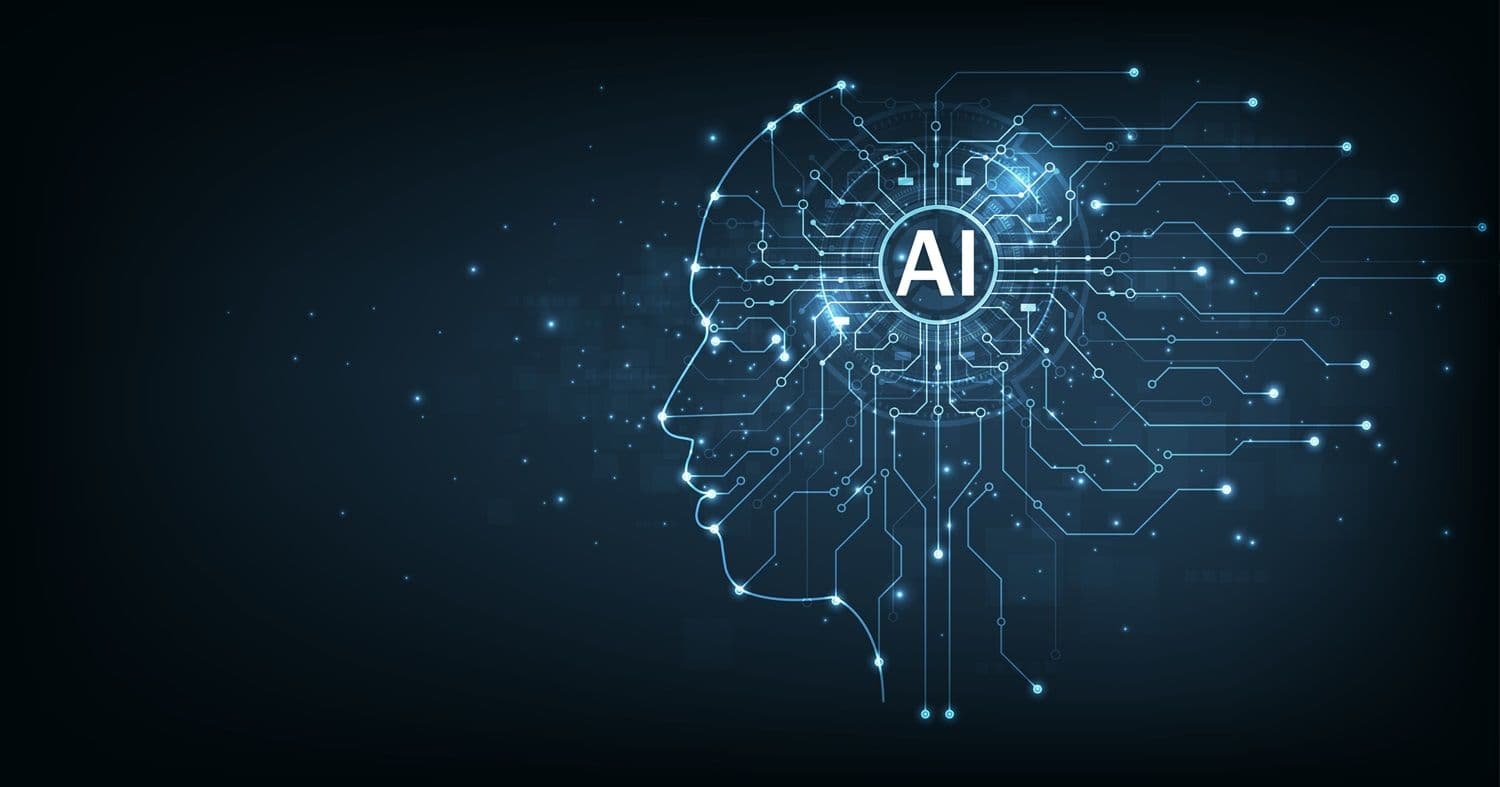Welcome to Hawatel's blog!
September 24, 2024 | General
Artificial intelligence in business. How AI is changing the face of companies in 2024?
In recent years, artificial intelligence (AI) has become one of the key technological trends driving business development. Its application in various industries not only revolutionizes the way companies operate but also contributes to their increased competitiveness in the market. In this article, we will explain what artificial intelligence is, how it works, its applications in different sectors, and the challenges associated with its implementation. Finally, we will explore the future of AI in business and its projected impact on enterprises.
What is Artificial Intelligence and how does it work on a basic level?
Artificial intelligence is a field of computer science that involves creating systems capable of performing tasks that usually require human intelligence. It encompasses technologies such as machine learning, natural language processing, image recognition, and robotics.

On a basic level, AI operates through algorithms that learn from data. The more data the system receives, the better AI can predict outcomes and optimize processes. For example, machine learning-based systems analyze patterns in data and make decisions or predict future events based on that analysis. Unlike traditional software, AI doesn't operate on rigid rules but "learns" and adjusts its behavior continuously.
Examples of AI applications in various industries
Manufacturing
AI is revolutionizing the manufacturing sector through process automation, predictive maintenance, and supply chain optimization. Using sensors and data analysis, companies can predict when machines will need maintenance, reducing downtime and improving production efficiency. An example is the use of AI-driven robots in assembly, which learn from algorithms and work faster and more precisely than humans.
Finance
In finance, AI is used to analyze large datasets to predict market trends, manage risk, and detect fraud. Banks and investment firms use AI algorithms to analyze transactions, monitor customer accounts, and identify suspicious activities. Additionally, AI-powered chatbots assist customers in resolving simple issues, improving customer service and reducing employee workload.
Marketing
AI is transforming how companies reach their customers by personalizing marketing campaigns. AI algorithms analyze consumer preferences and behaviors, enabling companies to create more targeted offers tailored to individual needs. An example is product recommendations in online stores, based on users' browsing and purchase history.
How does AI affect the efficiency and competitiveness of companies?
The use of artificial intelligence in business brings many benefits. Primarily, it automates routine tasks, saving time and human resources. AI systems can work 24/7, increasing a company's productivity. Automating processes like accounting, customer service, or inventory management allows businesses to respond more quickly to changing market conditions.

Moreover, AI enables more precise decision-making through the analysis of vast amounts of data. Companies using AI can identify new trends faster and adapt better to customer needs, making them more competitive. For example, e-commerce companies can offer personalized product recommendations, increasing sales and customer satisfaction.
Challenges in implementing AI in business
While AI offers many advantages, implementing this technology comes with several challenges. First, the cost of deploying advanced AI systems can be high, especially for small and medium-sized enterprises. Investments in software, hardware, and employee training can be a barrier for many companies.
Secondly, implementing AI often requires specialized knowledge and hiring experts, which can be difficult in a competitive job market. The shortage of AI specialists forces companies to invest in developing internal teams or outsource projects to external vendors, which may involve additional costs.
Another challenge is technological complexity. AI consists of advanced systems that require proper understanding and technological infrastructure. Implementing AI in a company can be difficult without an adequate technology base, often necessitating upgrades to existing IT systems.

The future of AI in business: What are the forecasts for the coming years?
The future of artificial intelligence in business looks very promising. Experts predict that AI will play an increasingly significant role in process automation, data analysis, and strategic decision-making. In the coming years, we can expect AI to become more integrated into the daily operations of companies, becoming an essential part of business functionality.
Technologies like generative AI (e.g., ChatGPT) will allow for further improvements in areas such as customer service, content creation, and product design. Moreover, AI will be key to driving digital transformation, helping companies adapt to a dynamically changing business environment.
It's also important to note the progress in the field of ethical AI, which aims to ensure that artificial intelligence is developed and used responsibly and in alignment with societal values. In the coming years, companies will need to pay more attention to issues related to data privacy and the ethical use of AI to avoid potential legal and reputational issues.
Conclusion
Artificial intelligence is transforming the face of modern companies, offering new opportunities in automation, data analysis, and enhancing competitiveness. Although its implementation comes with certain challenges, the benefits of AI are undeniable. Companies that choose to adopt these technologies will be better prepared for the future, more flexible, and capable of responding more quickly to changing market conditions. AI is not just a technology of the future but a tool that is already reshaping the way business is conducted today.


